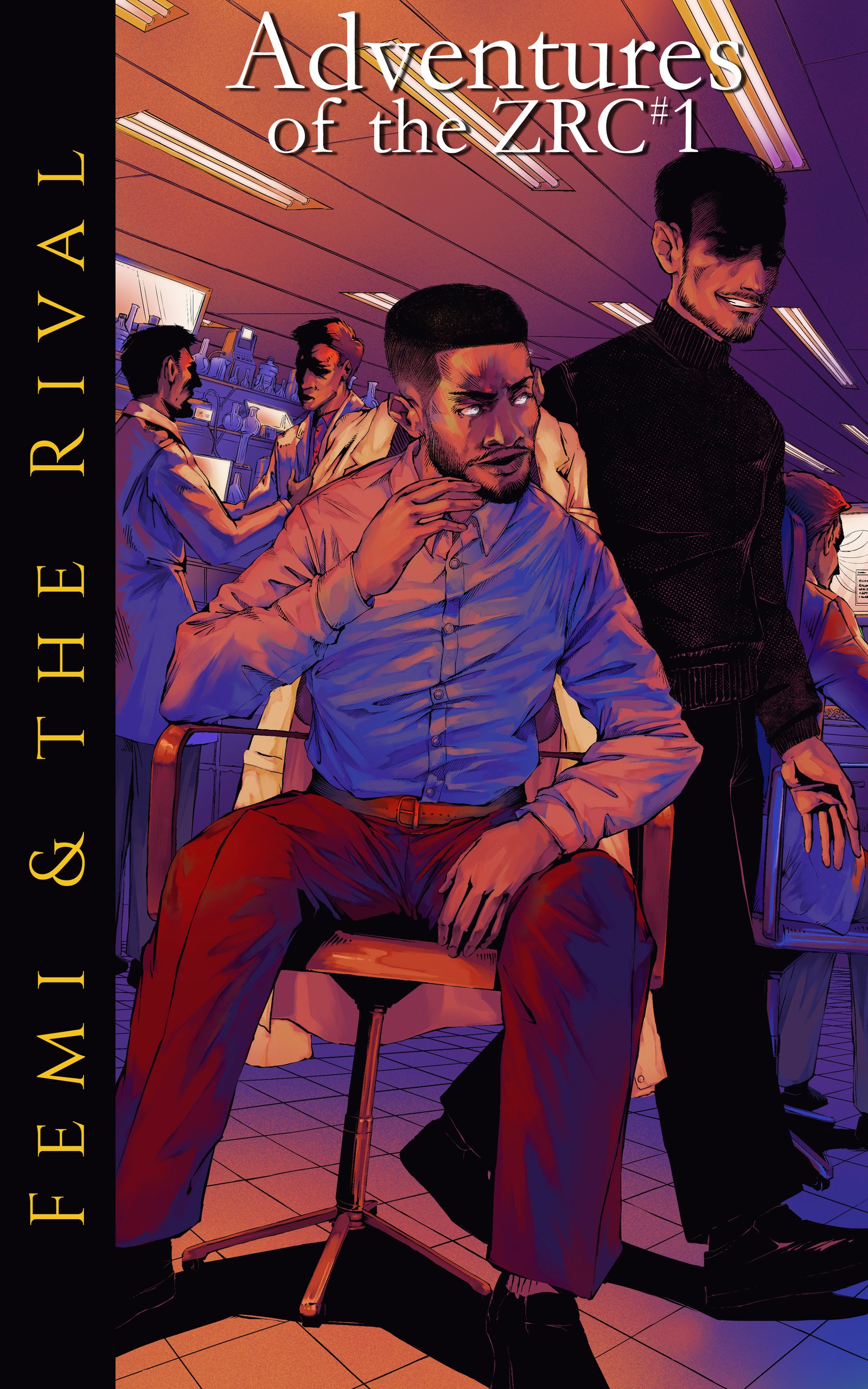
“Do or do not, there is no try,” “Search your feelings.” Anyone who’s even remotely familiar to Star Wars lore has probably heard these idioms for years, however how much have you really thought about them? How well have you dissected their meanings? Furthermore, what type of mindset cultivates these types of idioms in the first place? Well those are the questions that I will try to answer for all of you today in my October blog post!
This is going to be a blog post with a lot of different terms, ideas, and beliefs that you’ve probably never heard of, but I’ll try to get everyone on the same page. First off, what do I mean when I say positive psychology? Well, positive psychology is a branch of psychology that studies what makes life most worth it from an individual and societal basis. More specifically it’s the study of learning how to manifest: positive subjective experiences, positive individual traits, as well as positive institutions that can aid both the individual and society as a whole to improve the quality of life. Positive psychology was founded by psychologist Martin Seligman and was based on the teachings of prominent humanist psychologists like Abraham Maslow and Carl Rodgers. Positive psychology ultimately derives its roots from you guessed it, Ancient Greece and their belief of eudaimonia, which directly translates to “the good life.”
Eudaimonia posits that reflection on the factors that contribute to the good life, or happiness is what helps achieve it. The factors that have been traditionally associated with living a happy life is not exhaustive, but some of the main factors are: the close social ties that are developed with others, belonging to a wider group or membership of people, exercising, and the factor that this blog post will be most focused on, the practice of meditation and spirituality.
The reason why I’m choosing to focus specifically on this aspect of positive psychology is because until very recently I was feeling very lost, not sure what direction my life was heading down and general apathy for most things. I credit my partner, meditation, mindfulness, and last but not least, discovering the principles of Taoism for getting me out of that funk. Furthermore, the more I embraced Wu Wei, one of the main themes of Taoism, the more at peace I started to become. Wu Wei has been defined in a lot of different ways over time, but can be best understood as the practice of doing, by not doing, or effortless effort. I know this sounds like an oxymoron, but that’s the point! Well not literally the point, but I found it to be the catalyst for getting my busy mind to stop being so transfixed on certainties and concreteness, and to start embracing uncertainty, which is just a natural part of life.
By letting go of all the things that concern us day-to-day, we allow our inner selves to sort out the messiness of the outer world, in order to manifest what we truly want. Though Taoism doesn’t necessarily go into the art of manifesting and the law of attraction, I like to believe by embracing Wu Wei, or the act of doing by not doing, you are manifesting, though just not consciously, which is exactly the position you want to be in, making your wishes and desires come to you and not vice-versa.
I’m throwing a lot of things at you all, but this is how my brain has always worked. Seeing the commonalities and patterns in different ideas, beliefs, philosophies, and religions, in an effort to boil them down to universal human truths. If you’ve read or even heard about The Alchemist, or any books by Paulo Coelho, then these things are probably already familiar with you. If not, I’ll try my best to inform you all about what Taoism is about, as well as the law of attraction, and my experience of how it has actually worked in my life at a time when I most needed it and yes, the relation to Star Wars!
Taoism or Daoism, which is how it is pronounced, but not spelt is unique in that there is both the philosophy of Taoism, but also the spiritual and religious practices of it. It originated in China way back in at least the 4th century BC and the main component of the belief is to be in harmony with the Tao/Dao, which translates from Chinese as “The Way.” In Taoism the Tao is referred to as the source, a substance that exists in everything and everyone, connecting us all. By embracing Wu Wei, you become closer to the Tao, which to my very limited understanding is the closer you can become to the natural spontaneity of the universe.
If you’re as big of a Star Wars fan as I am, then you’re probably already seeing the parallels between the Tao and the Force, Wu Wei, and some of the tenets of the Jedi Order, but don’t even get me started on how the Jedi lost their “way”, lost the balance Wu Wei strives for and became something older iterations of the Order wouldn’t recognize. This shouldn’t be a surprise to the most die-hard Star Wars fans because George Lucas was very much inspired by eastern philosophies especially Zen Buddhism, which in turn incorporated many beliefs from Taoism, but I digress!
The other topic I wanted to mention is the law of attraction. You’ve probably heard about the law of attraction through some gimmicky way, such as one of your high school friends that you only interact with on social media trying to sell you on the belief that you can make millions through the law of attraction if you just bought into some sort of a cryptocurrency pyramid scheme, NO! That’s not what it is at all, or not how I use the term. The way I see the law of attraction is radiating the energy you wish to receive in the world, it’s as simple as that. The golden rule if you will, but dressed up and polished as a cosmic law of the universe, instead of a mere trite. “Do onto others what you wish them to do onto you,” or “Treat others the way you wish to be treated.” Basically like attracts like and by focusing and directing your energy into things that you wish to work out for you, you can have these things to start to manifest in your life, as long as you trust in the process and consistently trust in the process no matter what the appearances are, effortless action, wu wei. Starting to see the relation? I hope so.
Not long ago, I was at my lowest point I’ve been in a while. I was unemployed, the raging COVID-19 pandemic was responsible for keeping me from seeing my partner who I hadn’t seen in almost two years, and on top of it all, or associated with it all, I fell into an anxious-driven depression due to nothing in my life seeming to fall into place. This is where I leaned heavily on the teachings of Taoism, meditation, the law of attraction. I wanted peace, I wanted employment in order to enable me to change my circumstances, but most importantly, I wanted choices. Though it wasn’t easy, and even writing this blog post only a few weeks removed from one of my main desires being manifested. I received my dream job once I gave into the process, once I listened to the Force, fully. By no means was this immediate and I don’t want to put a timeline on how long this took me because a concrete timeline is not what matters, but staying consistent. Just know the process wasn’t immediate, but how could it be? The best things in life take time and this is no different. The important thing is that during this time, the reality of my situation became easier to deal with over time. Gradually I became lighter, and before I knew it, I entered a new season, a new phase of life, that will hopefully allow me to continue to this life as a self-published novelist.
I know, I know, these topics are all very out there, but before you write them off as pseudoscience nonsense, know that the law of attraction and manifestation all have roots in religion and spirituality, which if you remember was one of those factors that contribute to happiness according to positive psychology. In the world of neuropsychology, cognitive behavioral treatment or CBT, is the practice of challenging and changing thoughts, beliefs, and behaviors, to improve emotional regulation, and develop personal coping strategies that target current problems, that are usually associated with mental health conditions such as depression and anxiety. See the connection, mind over matter if you will.
Moreover, CBT and cognitive therapy as a field was founded by psychiatrist Aaron T. Beck one of the main influences on positive psychology’s founder Martin Seligman. I’m a firm believer that not everything true has to be grounded in our understanding of the laws of physics, not only is our understanding of the world limited to our physical senses, but a true scientist knows that for all that we know about our physical world, there’s more unknowns that lurk just beneath the surface. After all, if I’ve noticed the law of attraction work in my life and experienced manifestations, then that is my empirical truth.
All in all, what I’m trying to convey in this blog post relates back to hope. Hope that things can be different, the hope that things WILL be different. The very same hope that brought down an evil empire headed by a sadistic emperor who instead of practicing Wu Wei, tried his best to bastardize the natural way of life by manipulating everything he got his hands on, and fooling a young and lost soul to believe he could do the same. It’s a story as old as time, but when we become the light we wish to see in the world, when we hope for the things that will bring us happiness and act on it, we in turn result in spreading more happiness to the world. What began only as a sapling of a thought grows into behaviors and actions and before you realize it, robust and mature physical manifestations. Have hope gals and guys, things can get better, things will be better.
Sincerely,
Ajax
Want to learn more subscribe to Ajaxwrites.com for all my blog updates, promotions, short stories and more!
P.S. I think George Lucas definitely got the inspiration for Qui-Gon Jinn’s name from the Chinese belief of Qigong, which according to Wikipedia, is a system of coordinated body-posture and movement, breathing, and meditation used for the purposes of health, spirituality, and martial-arts training. Qigong is traditionally viewed by the Chinese and throughout Asia as a practice to cultivate and balance qi, pronounced as “chi” and most directly translated as “life energy.”Qigong practice typically involves moving meditation, coordinating slow-flowing movement, deep rhythmic breathing, and a calm meditative state of mind. If you know anything about Qui-Gon’s character, he was all about balance in the force and was perhaps the most balanced member of the order during his day.


Recent Comments